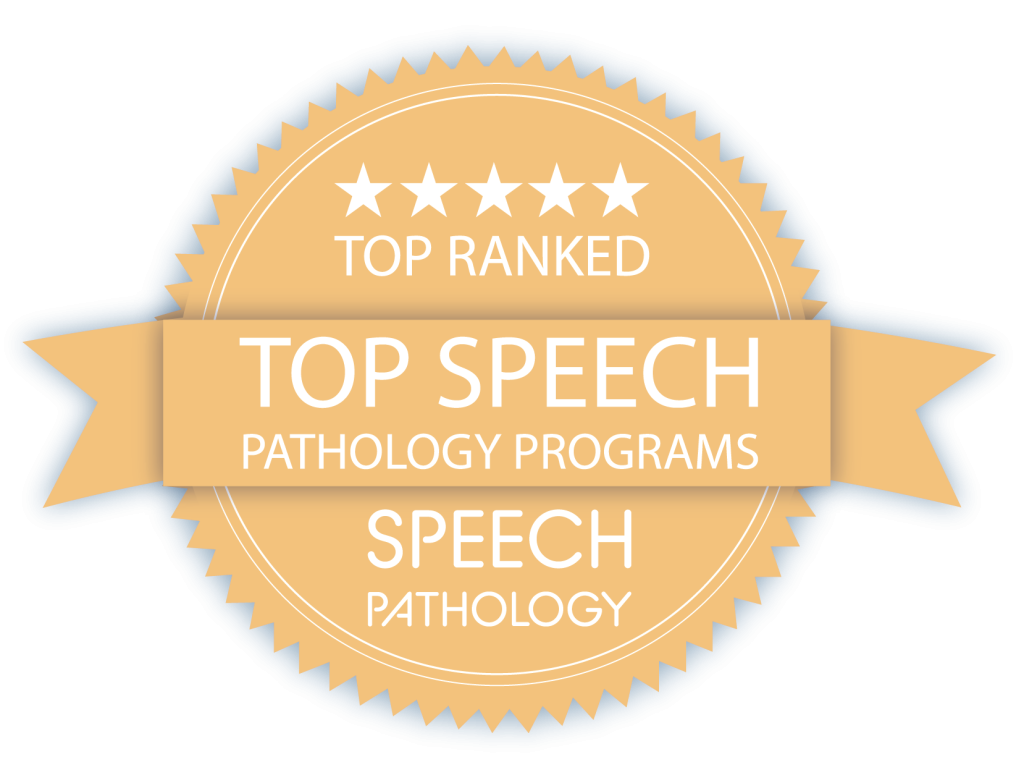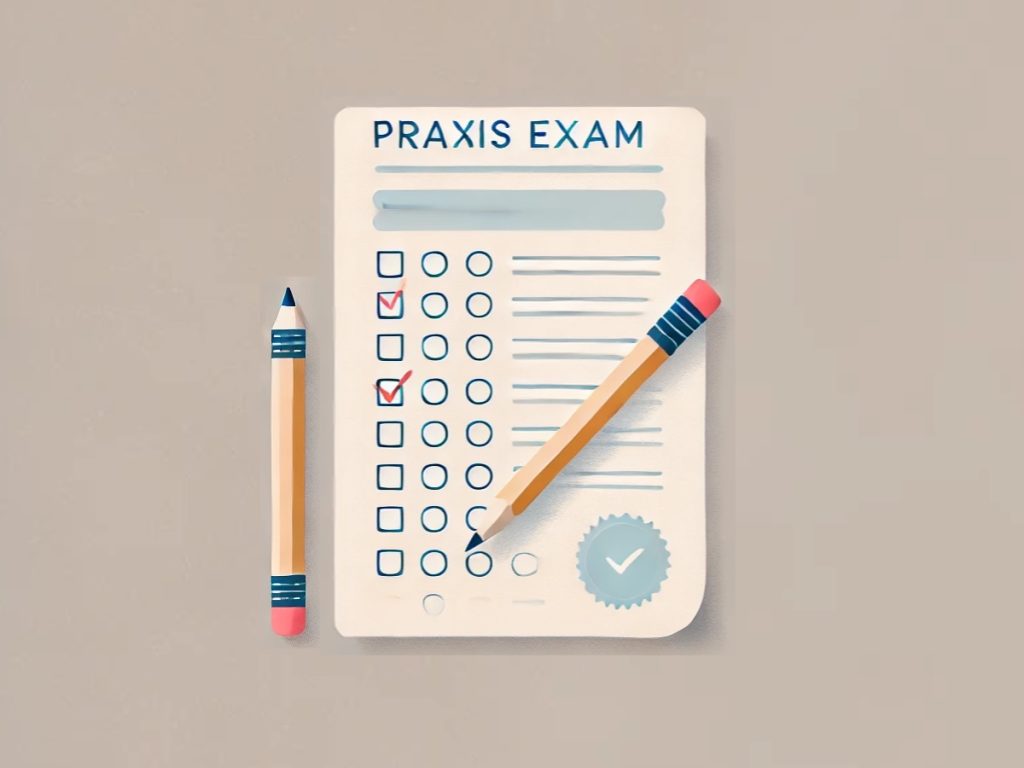Last Updated
April 16, 2025Written By
Benjamin Thompson, M.S., CCC‑SLPVermont is notable for speech pathology education due to the University of Vermont (UVM) in Burlington being the only public university in the state to offer a comprehensive SLP program. UVM’s Master of Science in Communication Sciences and Disorders is a gem; it provides hands-on clinical training at its on-campus Eleanor M. Luse Center, where students work directly with clients under expert supervision. The concentration is that of Vermont’s high concentration of SLP jobs – third highest per capita in the U.S., 480 professionals serving just over 600,000 population.
The job outlook is strong; speech-language pathologist positions are projected to grow by 23% by 2030, which is higher than the national average of 18% (BLS Outlook). Salaries are average $77,500 a year, but top earners can reach $100,290, a nice return in a state where living costs are outside of urban hubs. Also, Vermont’s focus on rural healthcare and educational needs means that SLPs can get meaningful work in underserved areas, an attraction for those who desire impact over the big city bustle.

Find your future in SLP by exploring the best degrees in Vermont available. Our team at speechpathology.org highlights top-ranked speech-language pathology programs in Vermont to help you start or advance your career. Programs are evaluated for academic strength, research, and clinical excellence. Learn more about our process at speechpathology.org/rankings-methology.

Burlington, VT - Public 4-Year - uvm.edu
Campus Based - Visit Website
The University of Vermont's Master of Science in Communication Sciences and Disorders is a two-year, on-campus program accredited by ASHA. It prepares graduates for certification as speech-language pathologists through rigorous academics and diverse clinical experiences. The program boasts a 100% completion rate and an average class size of 18. Required clinical hours total 400, complemented by 25 observation hours. No GRE scores are required for admission, and a 3.0 GPA is preferred. The program utilizes the on-campus Eleanor M. Luse Center and offers a holistic application review process.
Concentration: Swallowing Disorders - Campus Based - Visit Website
Specializing in Swallowing Disorders, the University of Vermont's Master of Science in Communication Sciences and Disorders is a two-year, on-campus program. This ASHA-accredited program prepares students for careers in speech-language pathology through comprehensive academic training and diverse clinical practicums. Students complete 400 clinical clock hours and 25 observation hours. No GRE is required, and a 3.0+ GPA is preferred. The program emphasizes hands-on experience and evidence-based practice.
Concentration: Neurogenic Communication Disorders - Campus Based - Visit Website
Focusing on Neurogenic Communication Disorders, the University of Vermont's Master of Science in Communication Sciences and Disorders offers a two-year, on-campus learning experience. This ASHA-accredited program prepares graduates for careers supporting individuals with communication and swallowing disorders. Students gain hands-on experience through diverse practicum settings and complete 400 clinical clock hours, in addition to 25 observation hours. No GRE is required, and a 3.0+ GPA is preferred.
In Vermont, your choice between a bachelor’s in SLP and master’s degree in speech pathology depends on what you envision for yourself within the profession. If you are unsure or if you want to work as a speech-language pathology assistant (SLPA) in schools or clinics, performing therapy preparations for licensed SLPs, then the bachelor’s option, similar to UVM’s B.S. in Communication Sciences and Disorders, is a four-year program that gives you a general understanding of speech, language, and hearing.
Admission is rather simple; the high school transcripts and the SAT or ACT scores will allow you to enter the course. It is an excellent preparation for future graduate studies if you are planning to continue your education. The occupations that might be available for you are SLPA positions or other support jobs in special education, which can be a stepping stone without the commitment of a full-time position. However, the master’s degree at UVM is the real ticket to becoming a licensed SLP, a two-year program that provides 60 credits of in-depth study and clinical practice.
For those who want to be able to diagnose and treat communication disorders on their own, it serves as the way to jobs in hospitals, schools or in private practice. Admission to the program is restricted; a student must have a bachelor’s degree in a related field, maintain a certain GPA, submit GRE scores and letters of recommendation as the program is challenging. The return is evident: You are prepared for a speech pathologist job that offers more accountability and higher salary, influencing people’s lives with each session. Vermont’s size means you won’t get lost in the pack; the professors and classmates become your support system, a feature that is difficult to find elsewhere.
Vermont does not currently offer in-state PhD or SLPD programs, but that doesn’t have to be the end of the speech-langauge pathology doctorate dreams. A PhD, a 4-5 year, 90 credit journey, is for the research or teaching oriented who wish to pursue positions such as university professor or clinical researcher. You would have to have a master’s degree, a research background, and good references to apply. The national programs–like those at Boston University – will cost you $40,000-$60,000 total for in-state equivalents elsewhere. Earnings can exceed $100,000 in academia, a nice payoff if you enjoy dissecting the science of speech.
The SLPD, a 2-3 year, 40-50 credit clinical doctorate, is for the licensed SLPs who want to lead as master clinicians or administrators. Rocky Mountain University in Utah has a $1,021 per credit charge, coming in at about $40,000-$50,000 and licensure and experience are required for admission. It can lead to similar high earnings in leadership roles, especially in Vermont’s rural healthcare settings. Since there are no local options, Vermonters often turn to online speech pathology degrees or out-of-state options, while watching the cost along with the state’s need for advanced practitioners – a chance to bring expertise back home.
In Vermont, the Office of Professional Regulation has a clear licensure path that you need to follow in order to practice as a speech-language pathologist. You are supposed to hold a master’s degree from an ASHA accredited program like UVM, and then you have to do a clinical fellowship of 36 weeks that is at least 1,260 hours of supervised work. The final hurdle is the PRAXIS exam, but before that, you need a master’s degree. The cost of initial licensure is $100 and renewals every two years demand 30 continuing education hours.
SLPAs are licensed differently; they must have a bachelor’s degree in communication disorders and an SLPA certificate with clinical hours, and they always have to work under the supervision of an SLP (Vermont OPR). The SLPA renewal is the same as the speech pathologist license renewal process, to keep the skills up to date.
Many apply for ASHA’s Certificate of Clinical Competence (CCC-SLP) that matches the licensure needs and offers a national seal. It’s a plus in Vermont, where you can make your application by furnishing it instead of other documents. The CCC-SLP also enhances the credibility and is quite useful in a state with mostly rural areas where employers appreciate recognized expertise.
When time is of the essence to launch your career as a Speech-Language Pathologist (SLP), Vermont offers smart ways to get there quickly. The master’s program at the University of Vermont is two years of full time study, 60 credits of coursework and clinical practice to complete, which means it is the shortest SLP degree route to licensure and practice as an speech pathologist.
The standard timeline for those starting with a bachelor’s degree in communication sciences and disorders is four years, but it can be brought down to three by attending summer sessions or by bringing in community college credits – this is possible with good planning with an advisor. Vermont does not have combined bachelor’s-master’s or master’s-doctorate programs to compress the process further, so the two year master’s is particularly straightforward for those who are planning to move forward after their undergraduate degree, so you are ready without being held up.
For those looking to save money while pursuing a Speech-Language Pathology career in Vermont, the cheapest speech pathology in-state options are offered by the University of Vermont (UVM). The cost of the bachelor’s degree in communication sciences and disorders is $16,280 per year for residents that is $541 per credit for 30 credits, which makes it $65,120 for four years. The master’s program, which is necessary for licensure, is $18,512 per year, or $617 per credit, and is $37,024 for two years, which is a fair price for a profession that averages $77,500 a year in Vermont.
Out-of-state students can expect to pay $40,176 per year, bringing the master’s to $80,352, thus making residency a wise financial decision. As there are no private in-state SLP programs in Vermont, the public rates at UVM are the prices to beat, with similar costs for clinical placements as well.
As there are no in-state doctoral programs, thus online options are worth thinking about. A Ph.D. may range between $500 and $800 per credit nationally, which translates to $45,000 to $72,000 for the required 90 credits, while an SLPD, like that offered by Rocky Mountain University, which costs $1,021 per credit, will set you back between $40,840 and $51,050 for 40 to 50 credits. These online options may be more expensive per credit than UVM’s master’s, but they are a viable solution for Vermonters who do not wish to move for school, while also meeting the needs of the state for advanced practitioners and a good return on investment.

If you are interested in pursuing a career in SLP and have been researching licensing requirements or are simply interested in learning more about SLP

If you have ever been researching speech-language pathology careers and come across the words ‘speech pathologist’ and ‘speech therapist’, you might wonder if they are

If you are pursuing the position of a speech-language pathologist, then you may have heard of the Praxis exam from your professors, classmates, or even
Our mission is to empower future speech-language pathologists by providing the most accurate, up-to-date, and accessible information available. Our team is dedicated to guiding individuals through the journey of becoming an SLP—whether you’re just exploring the field or actively pursuing a degree. We specialize in delivering reliable insights on state-by-state availability, affordability, and the fastest paths to certification and licensure. Our goal is to help you make informed decisions based on real data, trusted resources, and the evolving needs of the profession. With a strong commitment to educational clarity and career transparency, we’re here to support and simplify your path toward a rewarding future in speech-language pathology.
PLEASE NOTE: The contents of this website is for informational purposes only. All trademarks are the property of their respective trademark holders.